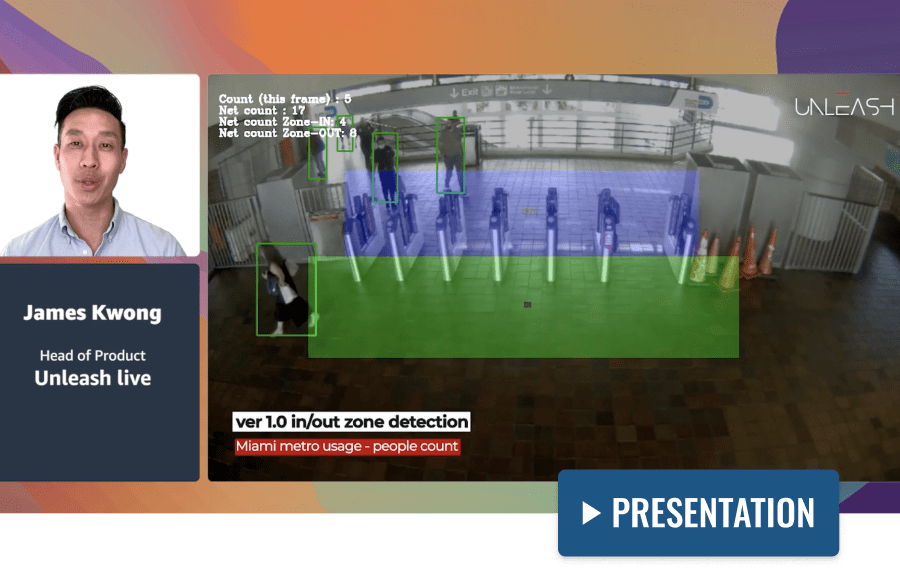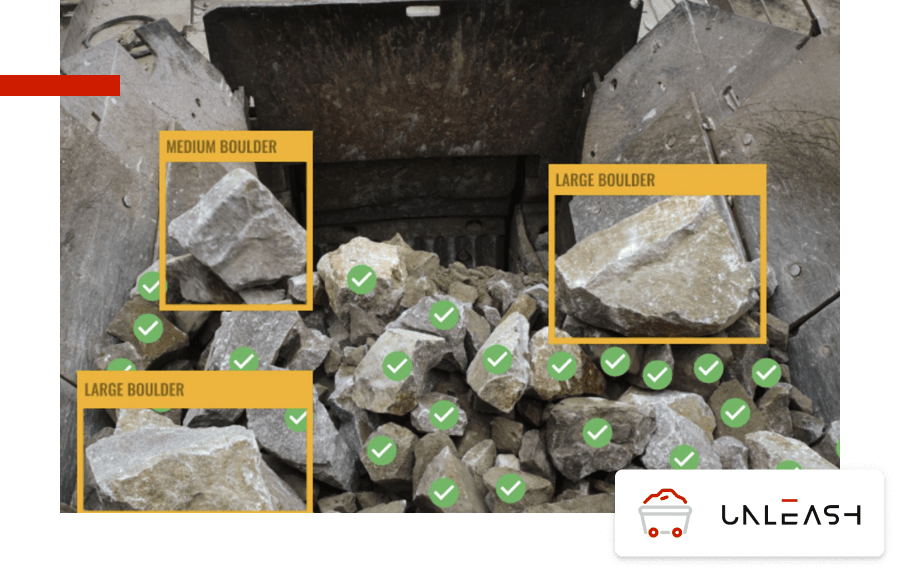Reliable Beach attendance data Case Study
The Smart Beaches initiative, powered by Unleash live, is a cutting-edge solution designed to enhance beach safety and management through the collection and analysis of real-time data. This initiative equips beach authorities and lifeguards with vital information to improve their operational efficiency, manage beach patrols more effectively and ultimately save lives.
Key Components
-
Real-time Data Collection:
- Sensors and Cameras: The initiative deploys a network of sensors and cameras across beaches to continuously monitor various environmental and human activity parameters.
- Drones: Drones provide aerial views and can cover large areas quickly, capturing detailed data that is otherwise difficult to obtain.
- IoT Devices: Internet of Things (IoT) devices gather data on water quality, wave heights, weather conditions, and more.
-
Data Insights and Analysis:
- AI and Machine Learning: Advanced AI and machine learning algorithms process the collected data to generate actionable insights. These insights help in predicting potential hazards, identifying crowded areas, and monitoring environmental changes.
- Real-time Analytics: The system provides real-time analytics, offering instant updates to beach authorities and lifeguards on current conditions and potential risks.
-
Effective Beach Management:
- Patrol Optimization: The insights enable more efficient deployment of lifeguards and patrol teams. High-risk areas can be identified and monitored more closely, ensuring a quicker response to emergencies.
- Crowd Control: Understanding crowd patterns helps in managing beach capacity, ensuring that social distancing guidelines are followed and reducing the risk of overcrowding.
- Resource Allocation: Real-time data assists in the optimal allocation of resources, such as medical supplies and rescue equipment, to areas where they are most needed.
-
Safety and Emergency Response:
- Early Warning Systems: The initiative includes early warning systems that alert authorities and visitors about dangerous conditions, such as strong currents, high tides, or poor water quality.
- Incident Reporting: An integrated incident reporting system allows lifeguards and beachgoers to report emergencies quickly, facilitating faster response times.
- Rescue Coordination: Enhanced communication tools ensure that rescue operations are well-coordinated, minimizing response times and improving the chances of successful rescues.
-
Community Engagement:
- Public Awareness: The Smart Beaches initiative promotes public awareness about beach safety through real-time information displays and mobile apps. Visitors receive updates on weather conditions, safety alerts, and other relevant information.
- Visitor Feedback: Beachgoers can provide feedback and report any issues through mobile applications, helping authorities to address concerns promptly and improve beach management.
Benefits
- Improved Safety: By providing real-time data and predictive insights, the Smart Beaches initiative significantly enhances the safety of beachgoers.
- Efficient Operations: Beach authorities can manage resources more effectively, reducing operational costs and improving service delivery.
- Enhanced Visitor Experience: With better management and safety measures in place, visitors enjoy a more pleasant and secure beach experience.
- Environmental Protection: Monitoring environmental parameters helps in protecting marine ecosystems and ensuring sustainable beach management practices.
Conclusion
The Smart Beaches initiative exemplifies the transformative potential of technology in enhancing public safety and operational efficiency. By leveraging real-time data, AI and IoT, beach authorities and lifeguards are better equipped to manage beaches, protect visitors and respond to emergencies swiftly and effectively. This initiative not only saves lives but also contributes to the sustainable and enjoyable use of beach resources for everyone.
Register your details and download the full case study now.





